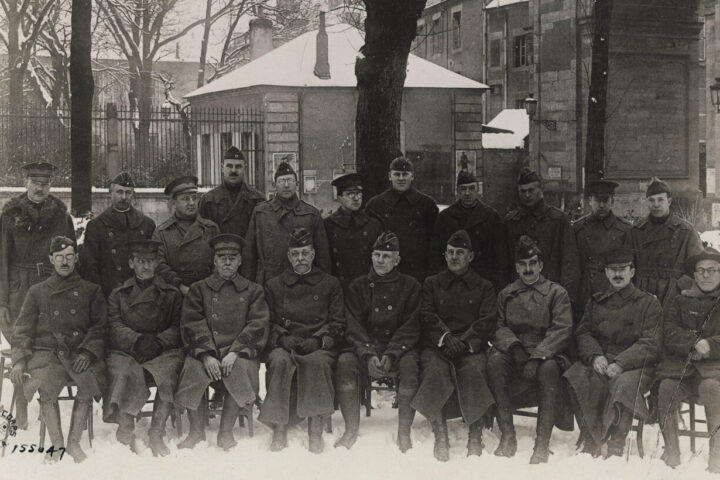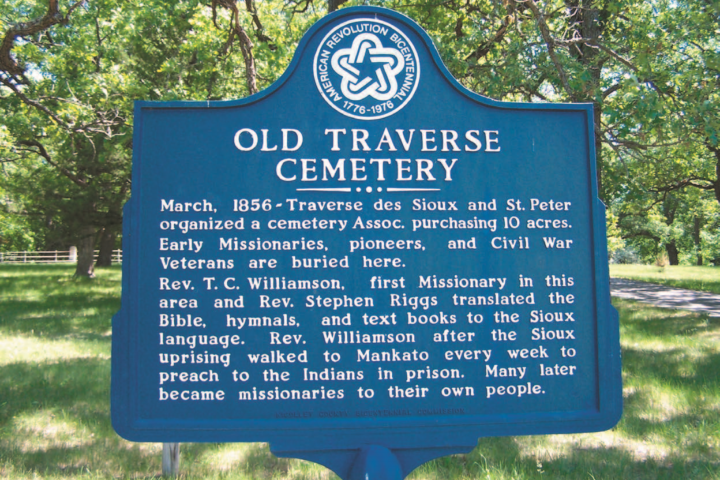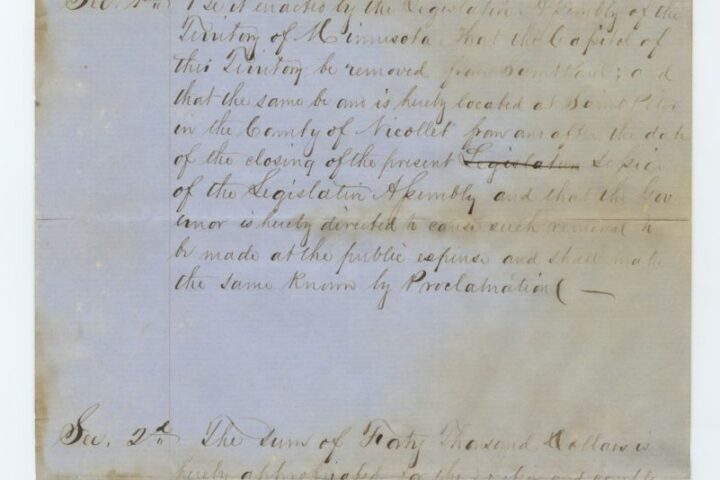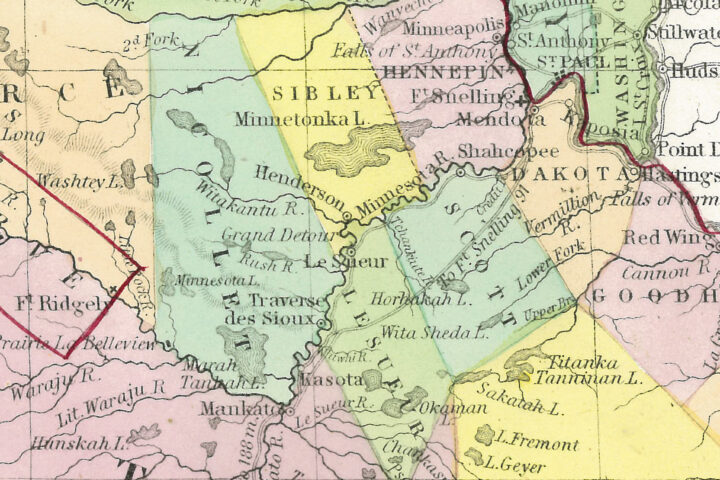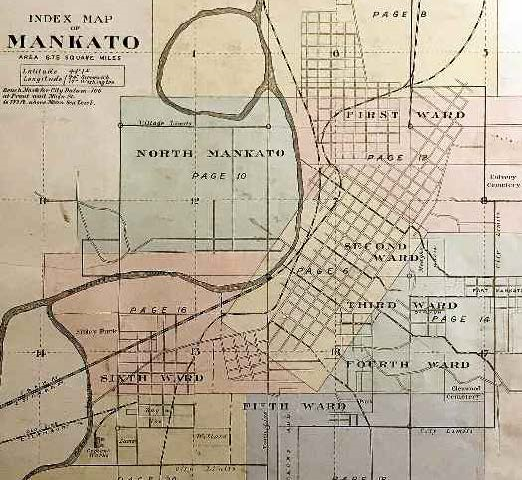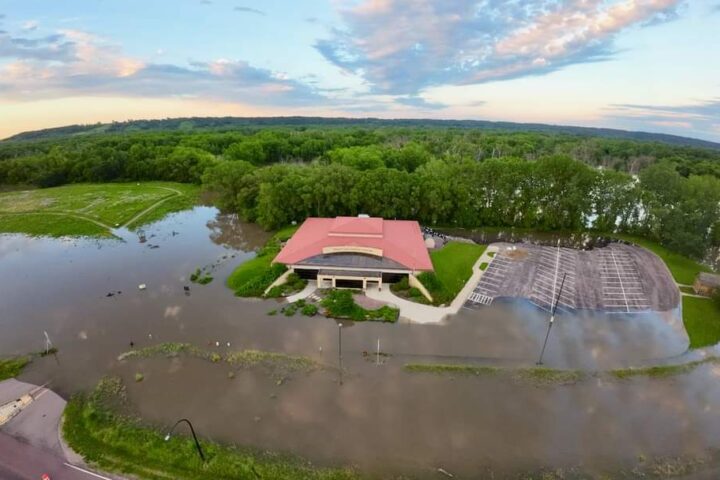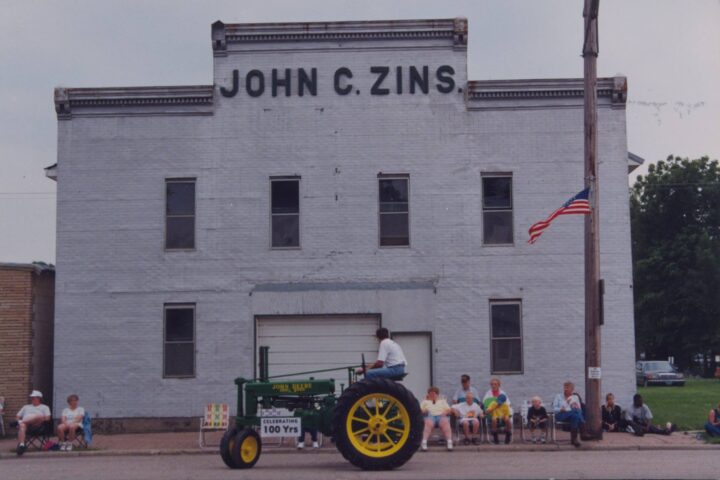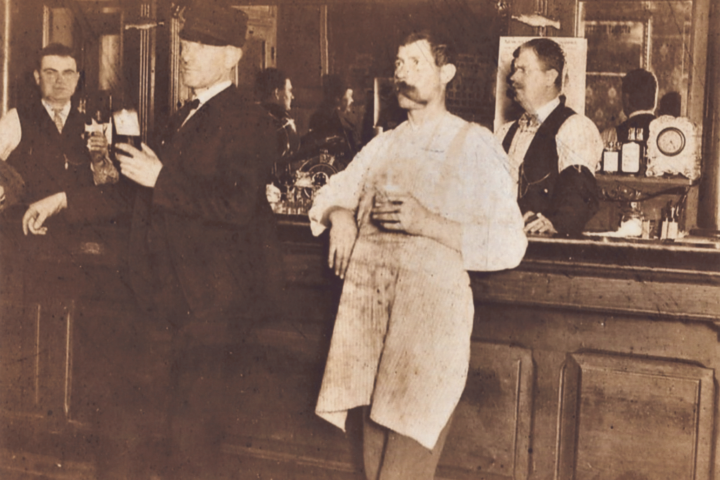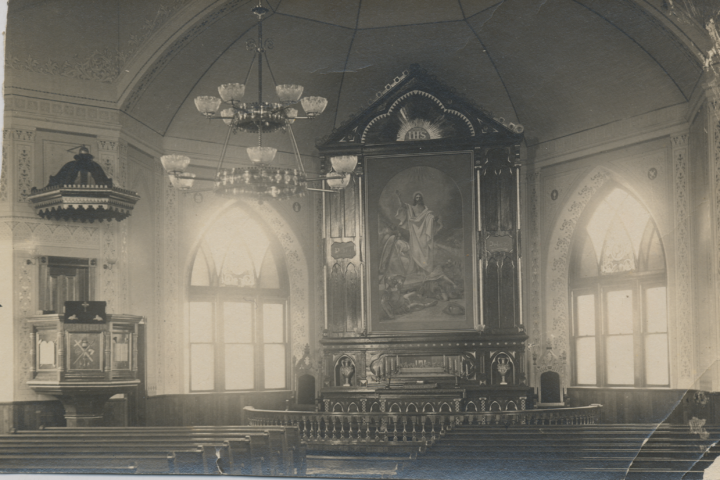HISTORICAL SALUTE TO VETERANS – CORPORAL WILLIAM A. CLARK
By Marlin Peterson, NCHS volunteer
By today’s standards, the military Medal of Honor is given only for extraordinary deeds of heroism and valor, ‘above and beyond’ the call of duty. The medal was instituted during the Civil War and was the only medal available to recognize heroism until other lower-level valor medals were created during and after the First World War. Of the 1,520 medals awarded for actions in the Civil War, only around 600 were given during the war years. The remainder were awarded during the decades to follow. The veteran’s organization, The Grand Army of the Republic, was instrumental in nominating its members for the medal, who had performed acts of heroism during the war.
Civil War Medal of Honor recipient Corporal William A. Clark was one of 16 soldiers from Company H, 2nd Minnesota Infantry from Mankato, involved in a heroic action, fighting off 125 Confederate cavalry on February 15, 1863, near Nolensville, Tennessee. Eight of the veterans received the Medal of Honor on September 11, 1897; the other eight men had all died, and the medal was not awarded posthumously.

The soldiers were on a foraging party, driving supply wagons around the countryside as they commandeered food for the soldiers and hay and grain for the army horses and mules. The party was spotted and cornered in a farmyard by the Rebel cavalry, who had to charge down a narrow-fenced lane to attack. Although outnumbered eight to one, the soldiers hid in the barn, corn cribs, and outbuildings and successfully fought off the cavalry attack. The men were named in a ‘special mention’ in their company’s dispatches to higher headquarters, which was instrumental in the medal’s award later.
William A. Clark was born July 24, 1828, and died January 9, 1916, and is buried at Hebron Cemetery in rural Nicollet, MN.
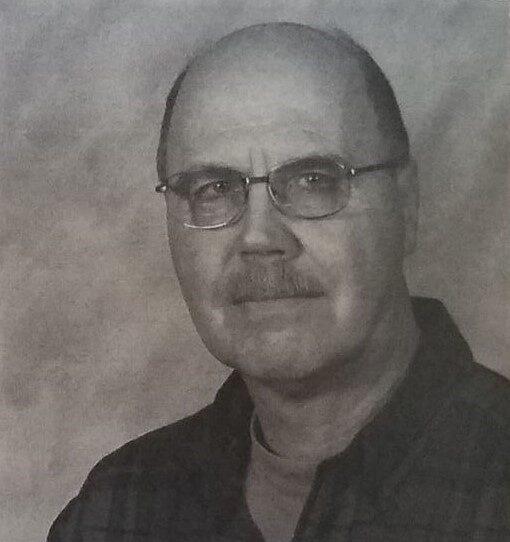
Marlin Peterson
About the Author
Marlin Peterson grew up on a family farm in Nicollet County, Minnesota. He graduated in 1967 from St. Peter High School, St. Peter, MN, and graduated in 1971 from Mankato State College with a B.S. degree in Social Studies. He served for over 34 years in the Army Reserve, which included wartime deployments to Saudi Arabia in 1991 during Operation Desert Storm and to Kuwait in 2004-05 during Operation Iraqi Freedom, and retired from the army in 2006. He retired from the U.S. Postal Services in October 2014. Marlin and his wife Mary have three married children and six grandchildren.

